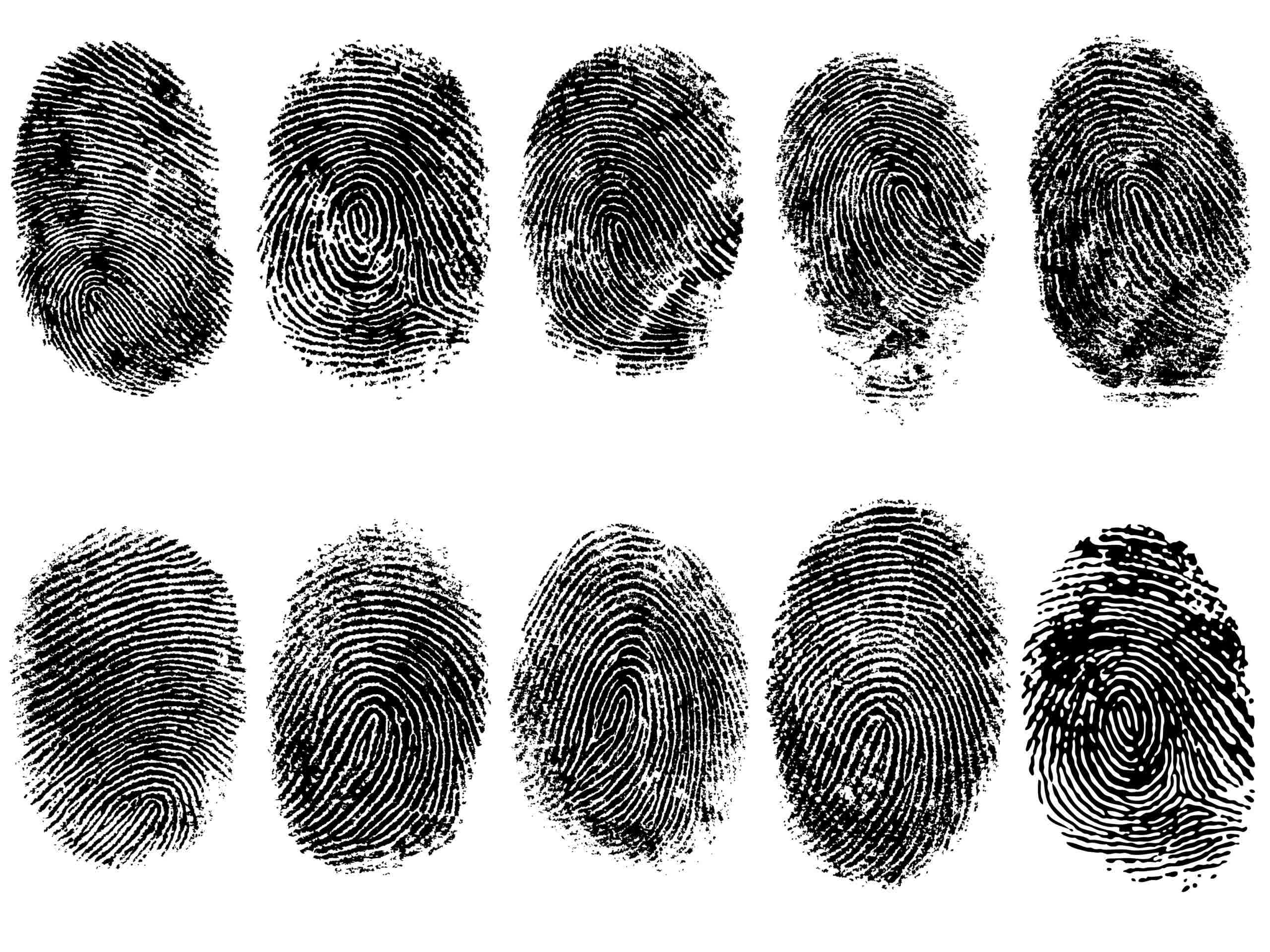A hot potato: A team of researchers from Columbia University have used a custom AI model to test if fingerprints are really as unique as forensic and crime literature suggest. The results are surprising, and hard to swallow for the forensic community as well.

Fingerprints have long been used as the "gold standard" for forensic analysis and criminal investigations, as prints of different fingers from the same person – also known as "intra-person fingerprints" – are considered to be unique. This well-known fact is being challenged by a recent study, which used an AI model to refute one of the longest beliefs in forensics.
Led by Gabe Guo, a Columbia Engineering undergraduate senior with no previous knowledge in forensic science, the study states that intra-person fingerprints can be similar. The team used an AI model known as deep contrastive network, which is commonly used in facial recognition tasks, and trained it with a public US government database containing around 60,000 fingerprints.
The researchers fed the fingerprints in pairs, alternating between pairs that belonged to the same person (but from different fingers) and pairs that belonged to different people. After the training period, the AI system started to show a significant accuracy level (77%) in detecting when a fingerprint pair belonged to the same person and when it did not.
When multiple pairs were used, the AI model became significantly more accurate in detecting similar fingerprints. The researchers think that the system could increase current forensic efficiency by "more than tenfold." The surprising results weren't initially welcomed by a "well-established" forensic journal, and Guo's team had to further improve the AI system before the study was finally accepted for publication by the Science Advances journal.
After analyzing the decision process made by the AI model, the researchers discovered that the algorithm essentially discovered a previously unknown forensic marker. Instead of using minutiae, which are the branchings and endpoints in fingerprint ridges traditionally employed for fingerprint comparison, the algorithm was looking at the angles and curvatures of the swirls and loops present at the center of each fingerprint.
If the AI system was able to make a new, potentially revolutionary discovery with just tens of thousands of publicly available fingerprints. "Just imagine how well this will perform" when trained on millions of fingerprint data," the researchers said. However, according to forensic experts, the study didn't show anything groundbreaking or uncover facts that were previously unknown.
The fact that the shapes at the center of fingerprints are "somewhat correlated" between fingers has been known since the early days of fingerprinting, forensic science professor Christophe Champod said. The Columbia researchers have "oversold" their research because of their lack of specific forensic knowledge, the professor added.